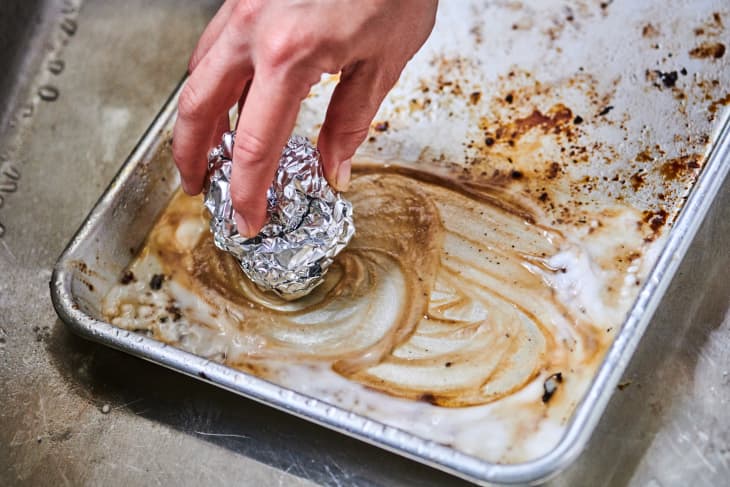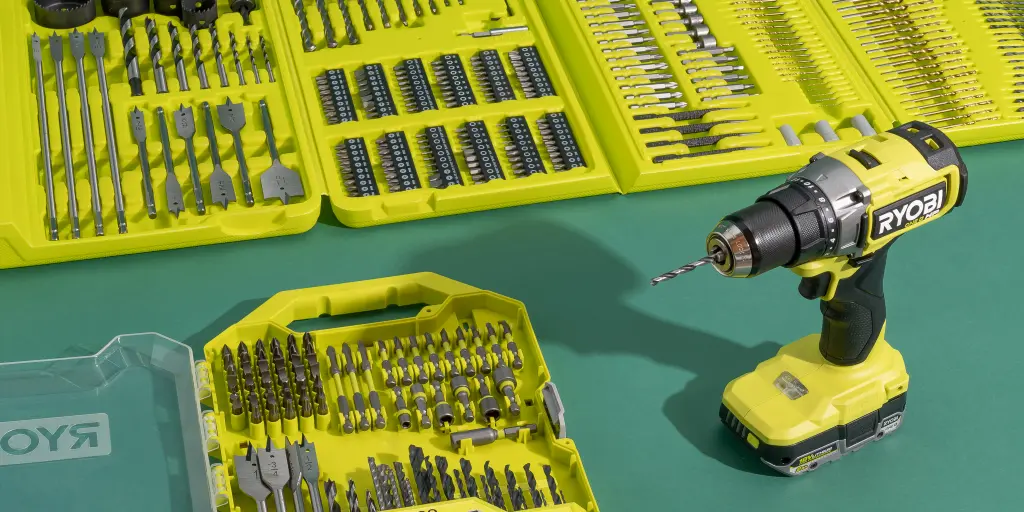1. Introduction
Are you looking to improve your health and wellness? Do you want to incorporate more fresh fruits and vegetables into your diet? Look no further than juicers, the kitchen appliances that can help you extract the wholesome goodness of fruits and vegetables in liquid form.
But with so many options available in the market, how do you know which juicer is the right one for you? In this comprehensive guide, we will delve into the world of juicers, exploring their various types, benefits, and features. Whether you are a seasoned juicing enthusiast or a beginner, this guide will equip you with the knowledge you need to make an informed decision.
- THE #1 JUICE EXTRACTOR BRAND IN AMERICA: This durable juice extractor is backed by a 3 year limited warranty by Hamilton Beach, the #1 juice extractor...
- COMPARE AND CHOOSE WITH CONFIDENCE: Compare the competition to our extra-large 3” chute, 800 watts of power, 80 oz. pulp bin and 3 year warranty....
- 【 Simple and safe operation】We use knife-free design, when the lid is opened, the machine stops running, which not only improves the efficiency of...
- 【 Large diameter feed tank】We made the 5.8 "feed tank 3 times larger than the normal feed tank. You can put whole apples and vegetables into jars...
- NON-STOP JUICING: Powers through tough ingredients for powerful, non-stop juicing.
- CONTROL PULP: Total Pulp Control allows for customized juice with two interchangeable pulp filters: Less Pulp and Lots of Pulp.
- 【5.4inch Feed Chute】The juicer is equipped with a large 5.4-inch feed chute that you can juice whole fruits and vegetables without chopping.This...
- 【400w Slow Juicing】The 400W power motor helps you easily and quickly complete the juicing task. With its high-power motor, our cold press juicer...
- 【Easy and Safe to Operate】Our masticating juicer comes with a large feed chute with a blade-less design that stops the machine when the lid is...
- 【50 RPM Fine Grinding Process】Our cold press juicer adopts advanced multi-stage progressive extrusion and low-speed fine grinding technology,...
- SIMPLE HEALTHY JUICING: Press and squeeze fresh juice directly from citrus fruits with no additives, extra sugar or preservatives. Retain the natural...
- 24 OUNCE SERVING SIZE: The 24oz (3 cup) capacity is perfect for 2-3 servings of fresh healthy citrus juice, with a convenient pouring spout and handle...
- The Breville Juice Fountain Cold is a high performance juicer with an innovative cold extraction system that can provide a super sized 70fl oz of...
- Cold Extraction System: A Breville juicer with Cold Spin Technology and an Italian-made precision mesh filter, allows you to avoid damage to vitamins...
- The Breville Juice Fountain Compact may be small but it is packed with power; It features a 3 inch wide chute allowing you to juice whole fruits and...
- UNIQUE EXTRACTION SYSTEM: The compact centrifugal juicers titanium reinforced disc and Italian-made micro mesh filter basket are made out of stainless...
- Large Feed Chute & Compact Design:Our juicer machines upgraded 4.35" inch large feed chute and 40oz capacity is larger than normal, while the size...
- Powerful Motor & Efficient High Yield:With a High-power motor, our cold press juicer separates the pulp from the juice well, providing you with...
- Upgraded 500W Motor - Centrifugal juicer machine with upgraded 500W high speed motor, more efficient and powerful, last much longer than other...
- Dual Speed Juicer Machine - Juicer Machine with 2 speed control(12000-18000 RPM), "1" low speed for soft fruits and veg, such as watermelon, orange,...
As an Amazon Associate I earn from qualifying purchases. Learn More
2. The Many Facets of Juicers
2.1 Understanding the Juicing Process
Before we dive into the different types of juicers, let’s first understand the basic process of juicing. Juicers are designed to extract the juice from fruits and vegetables, separating it from the pulp and fibers. The result is a refreshing and nutrient-rich drink that can be enjoyed on its own or used as a base for smoothies, cocktails, and other culinary creations.
The process of juicing involves breaking down the fruits and vegetables into a liquid state, allowing you to consume their vitamins, minerals, and enzymes in a more easily digestible form. By removing the fiber, juicers enable your body to rapidly absorb the nutrients, giving your digestive system a break and allowing for quick nutrient assimilation.
2.2 Types of Juicers
There are several types of juicers available in the market, each with its own unique mechanism for extracting juice. Let’s explore the three main types:
- Centrifugal Juicers: These juicers use high-speed spinning blades to pulverize fruits and vegetables, separating the juice from the pulp. They are known for their fast operation and are ideal for juicing firmer produce such as apples, carrots, and beets. However, centrifugal juicers may not be as effective in extracting juice from leafy greens.
- Masticating Juicers: Also known as slow juicers or cold press juicers, these machines use a slow and gentle crushing action to extract juice. They excel in extracting juice from leafy greens and are versatile enough to handle a wide range of produce. While masticating juicers are slower than centrifugal juicers, they often produce a higher yield of juice and retain more nutrients due to their gentle extraction process.
- Citrus Juicers: As the name suggests, these juicers are specifically designed for juicing citrus fruits such as oranges, lemons, and grapefruits. They typically come with a cone-shaped reamer that extracts juice when pressed against the fruit, making them ideal for quickly preparing a refreshing glass of citrus juice.
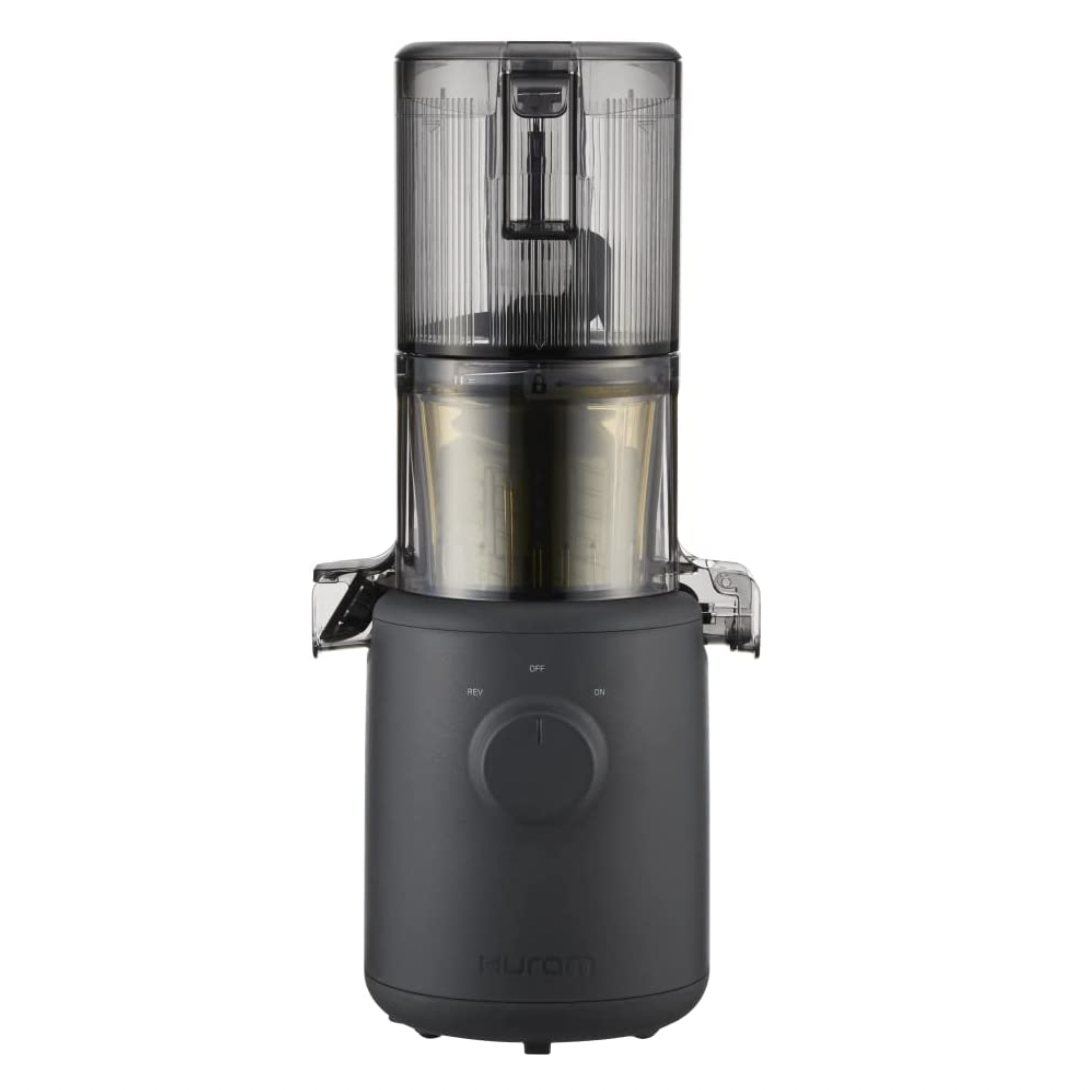
3. The Power of Juicing
3.1 Historical Significance of Juicing
The practice of extracting juice from fruits and vegetables has been around for centuries, with evidence of juicing in ancient cultures such as Egypt and China. In these cultures, juicing was valued for its health-promoting properties and was used as a way to cleanse and rejuvenate the body. Today, juicing continues to be a popular method of obtaining vital nutrients and maintaining a healthy lifestyle.
3.2 The Rise of Juicing in Modern Society
In recent years, juicing has experienced a surge in popularity, fueled by the growing interest in health and wellness. With an increasing awareness of the benefits of consuming fresh, whole foods, juicing has become a convenient and effective way to incorporate a variety of fruits and vegetables into our diets. Whether it’s for weight loss, detoxification, or simply boosting our overall well-being, juicers have become a staple appliance in many households.
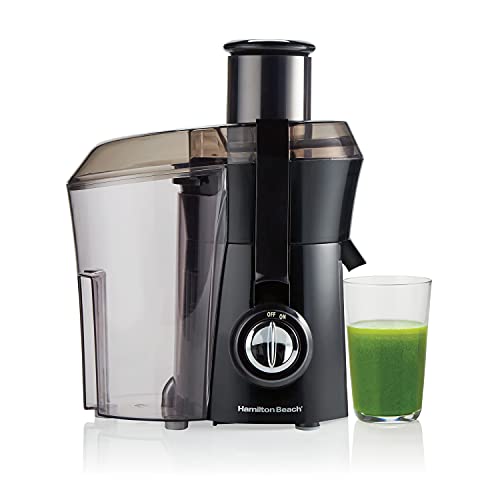
Beyond personal use, juicing has also made its mark in the culinary world, with juice bars and cafes popping up in cities across the globe. These establishments offer an array of freshly pressed juices, allowing individuals to enjoy the flavors and benefits of different fruits and vegetables in creative combinations.
As we embark on this juicing journey, let’s explore the various types of juicers, their benefits, and how they can contribute to our overall health and wellness. Are you ready to discover the world of juicing and unlock the potential of nature’s bounty?
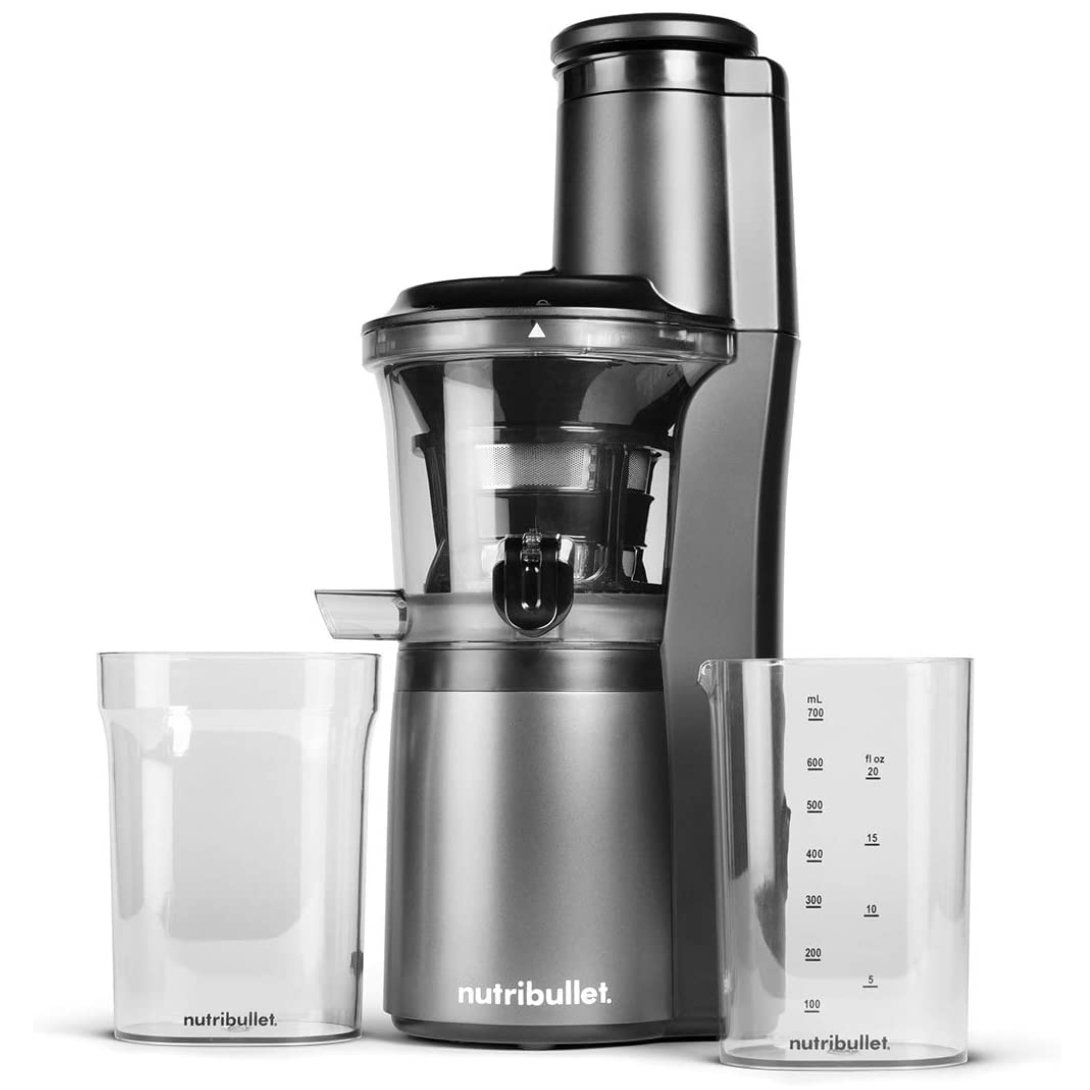
4. Practical Applications
4.1. Juicing for a Healthy Lifestyle
Are you looking to upgrade your diet and embrace a healthier lifestyle? Juicing can be an excellent addition to your daily routine! With a juicer, you can create delicious and nutritious beverages that are packed with vitamins, minerals, and antioxidants. By incorporating fresh fruits and vegetables into your diet, you can boost your immune system, improve digestion, and increase your energy levels. Moreover, juicing allows you to experiment with a wide variety of flavors and combinations, ensuring your taste buds are always satisfied.
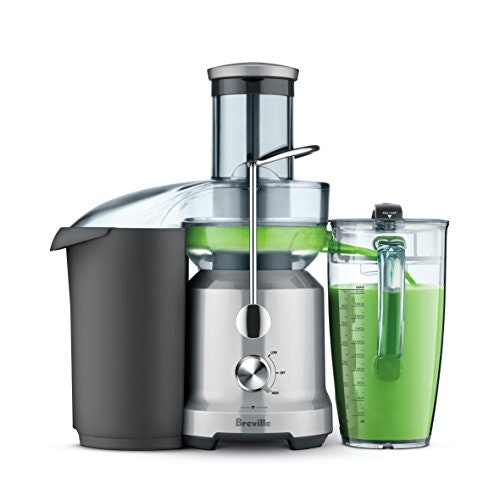
4.2. Catering to Specific Dietary Needs
Do you have specific dietary needs or restrictions? Juicing offers a versatile and customizable solution. Whether you follow a gluten-free, dairy-free, or vegan diet, juicing allows you to explore a vast array of options. For example, if you have difficulty consuming the recommended servings of fruits and vegetables, juicing enables you to easily reach those quantities in a single glass. Additionally, it can be an ideal way to incorporate more plant-based proteins, such as spinach, kale, or cucumber, into your diet.
4.3. Juice Cleanses and Detox Programs
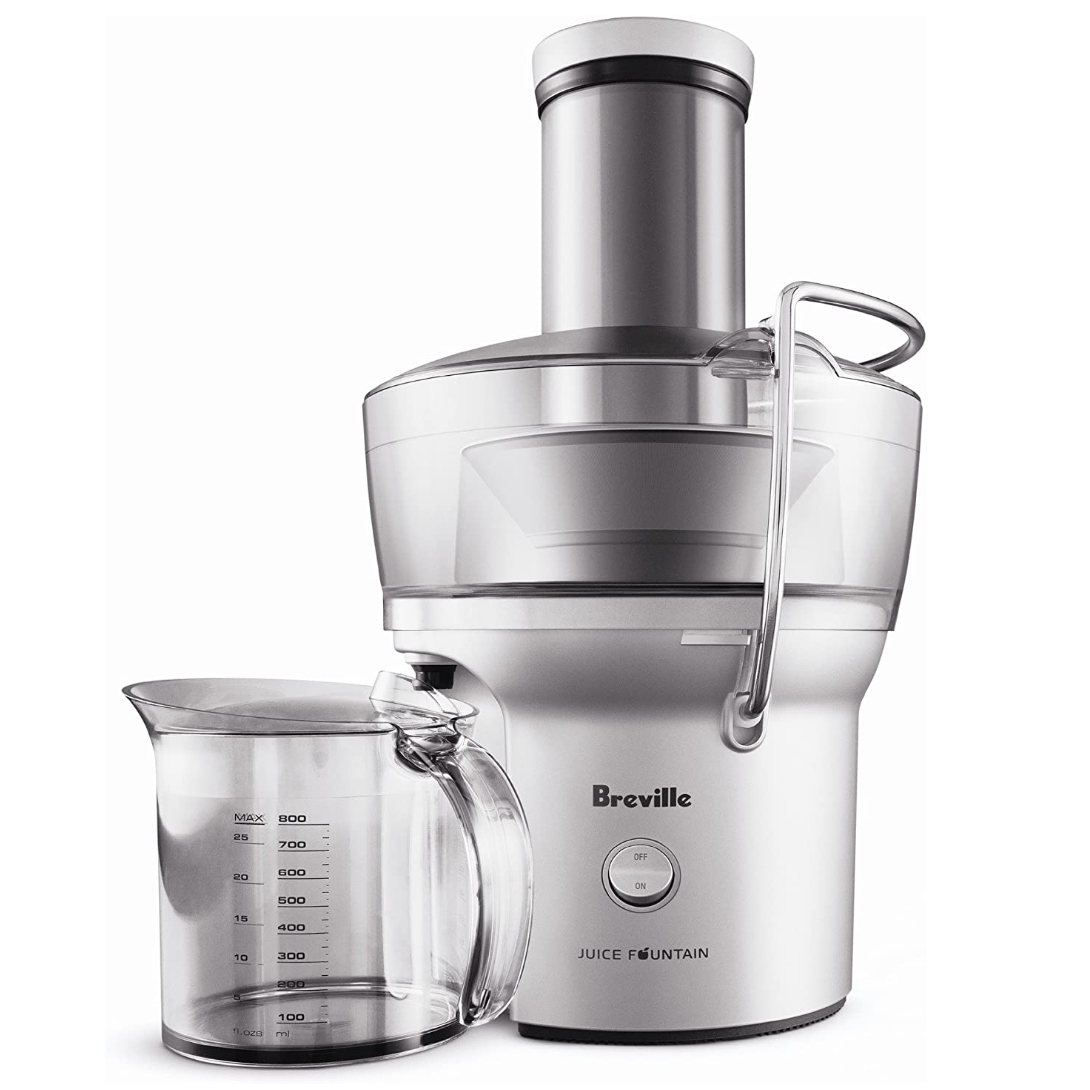
Have you ever considered a juice cleanse or detox program to revitalize your body? Juicers are commonly used in these programs to support the body’s natural detoxification processes by providing a concentrated source of essential nutrients. During a cleanse, juicing can aid in eliminating toxins, reducing inflammation, and promoting weight loss. However, it’s important to approach cleanse programs with caution and consult with a healthcare professional to ensure it aligns with your specific needs and goals.
5. Benefits of Juicing
5.1. Increased Nutrient Absorption
Juicing allows for a high level of nutrient extraction, providing your body with an abundance of essential vitamins and minerals. By removing the fiber, juicing makes the nutrients readily available for absorption. This enables your body to quickly and efficiently absorb the beneficial compounds, bypassing the time-consuming process of digestion. As a result, you can experience a surge of energy and enjoy the maximum potential health benefits of the fruits and vegetables you juice.
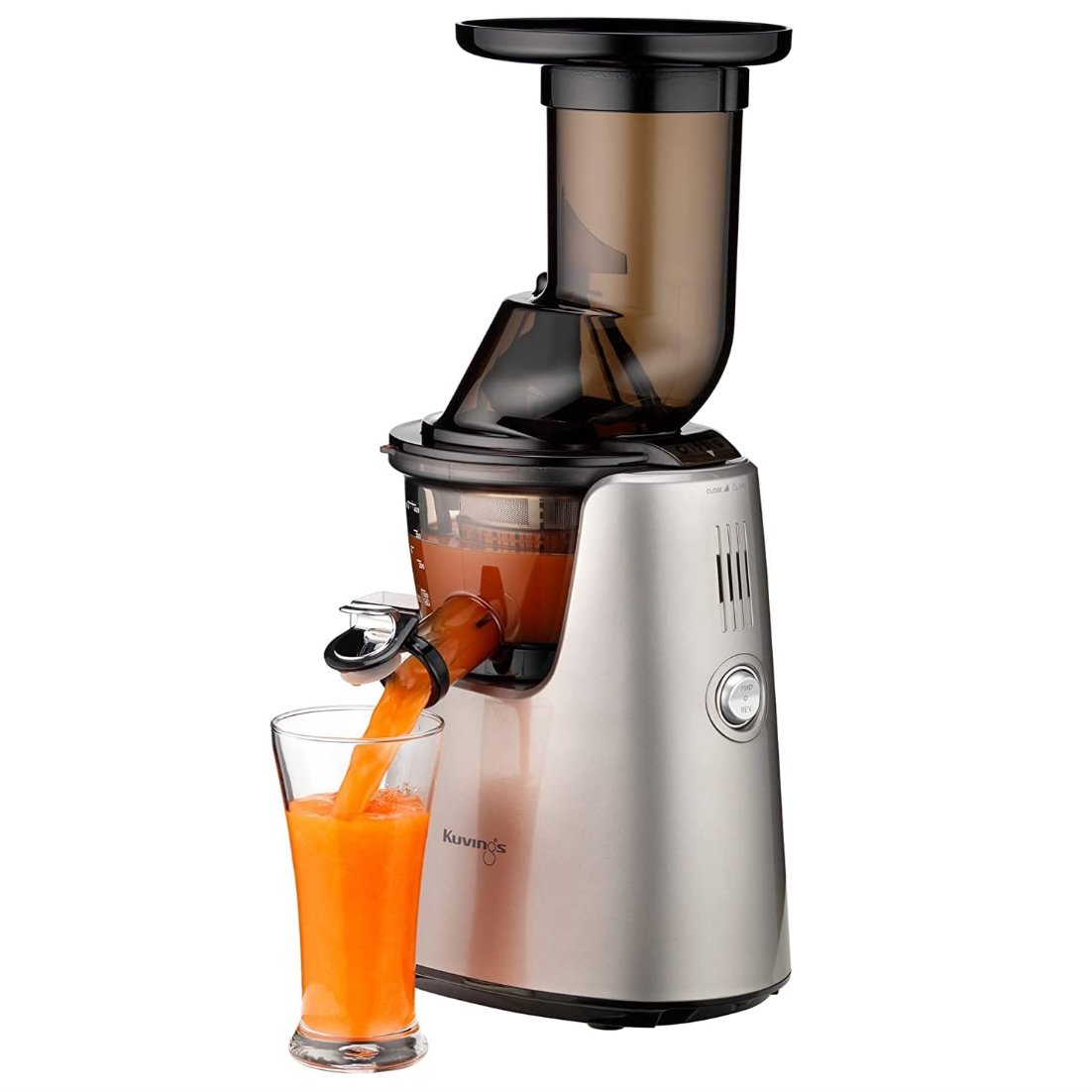
5.2. Convenient and Time-Saving
In our fast-paced lives, finding time to prepare and consume a variety of fruits and vegetables daily can be challenging. Juicing offers a convenient and time-saving solution by allowing you to maximize your daily intake of nutrients in a single glass. It simplifies the process of consuming a wide range of fruits and vegetables, particularly for those who find it difficult to incorporate them into their regular meals. A juicer can help you maintain a balanced and nutritious diet, even when time is limited.
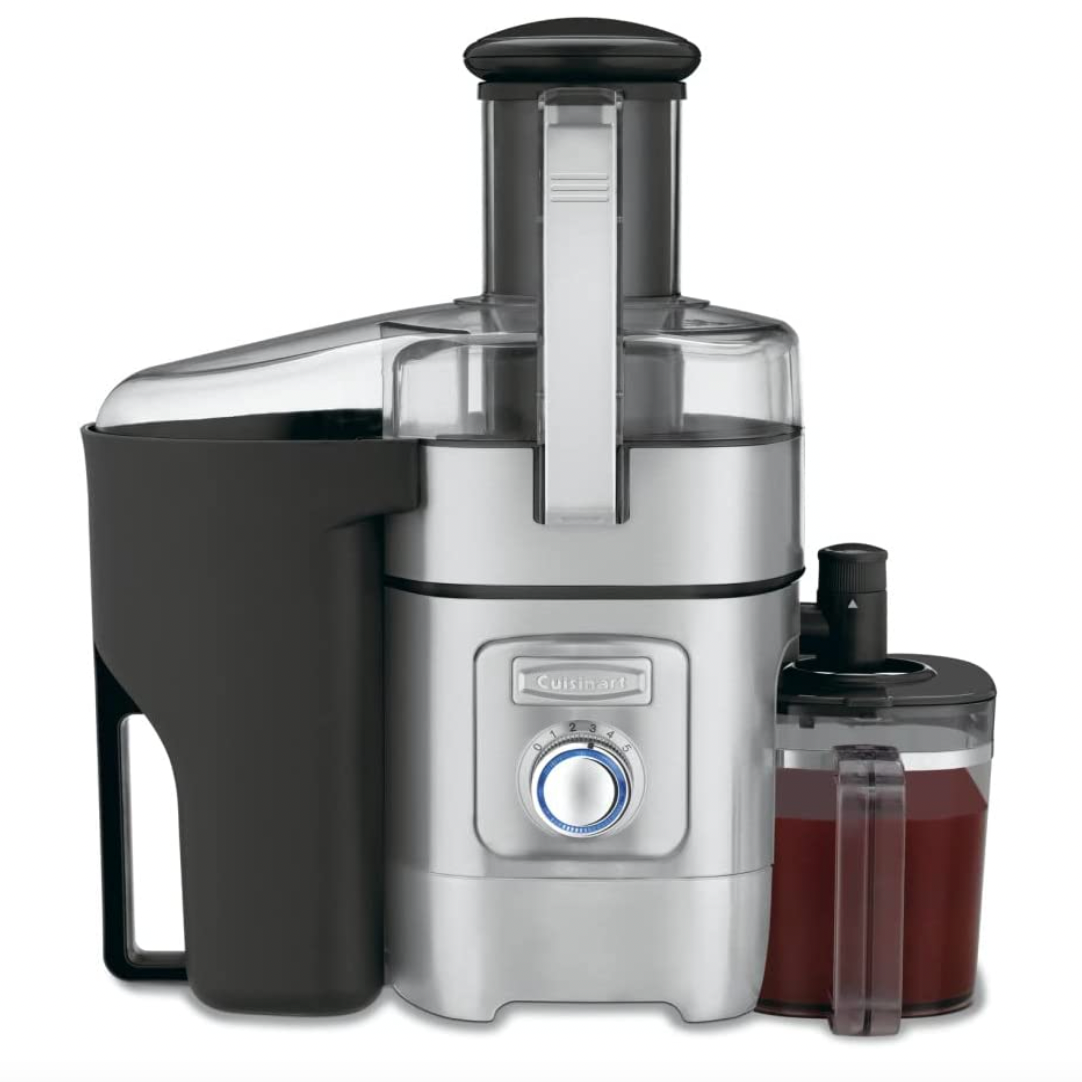
5.3. Enhanced Hydration
Staying hydrated is crucial for overall health, and juicing can be a tasty way to increase your fluid intake. By extracting the juices from fruits and vegetables, you create a refreshing and hydrating beverage. Juices not only provide hydration but also offer additional nutritional benefits, making them a healthier alternative to sugary drinks or artificial juices. Incorporating juicing into your routine can help you stay properly hydrated and improve your overall well-being.
6. How to Make the Most of Your Juicer
6.1. Selecting the Right Fruits and Vegetables
To create delicious and nutrient-dense juices, it’s essential to choose the right fruits and vegetables. Opt for fresh, organic produce whenever possible, as they often contain higher levels of nutrients. Consider the flavor profiles you enjoy and experiment with different combinations to find your favorite blends. Remember to wash your ingredients thoroughly before juicing to remove any dirt or pesticides.
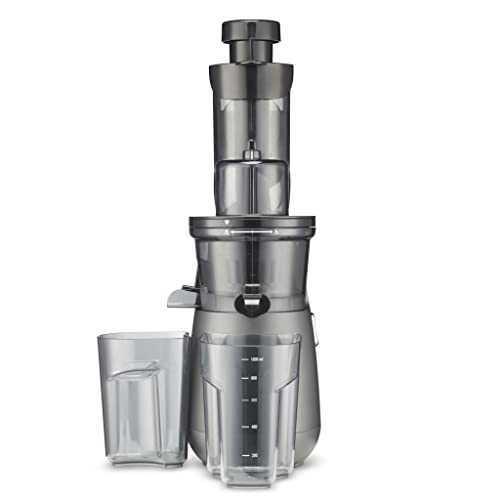
6.2. Juicing Techniques and Tips
To achieve optimal results with your juicer, keep a few tips in mind. Start by alternating between hard and soft ingredients to help the juicer extract the maximum amount of juice. When juicing leafy greens, roll them tightly and pack them together before inserting them into the juicer. Additionally, it’s recommended to drink fresh juice immediately to preserve its nutritional value. If you need to store it, use an airtight container and refrigerate for no longer than 24-48 hours.
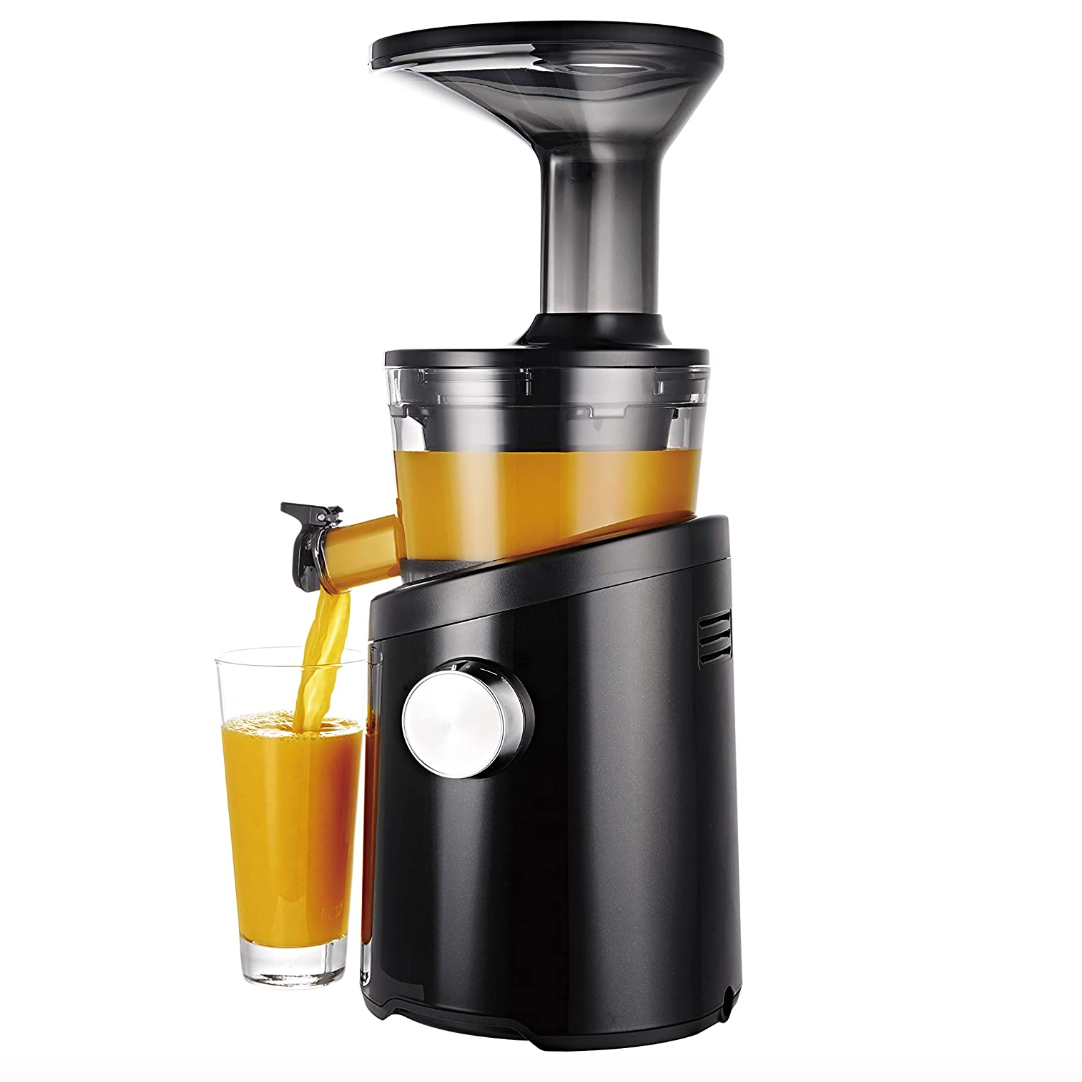
6.3. Cleaning and Maintenance
Proper cleaning and maintenance are crucial to keep your juicer in top condition. After each use, disassemble the juicer and rinse all parts with warm water to remove any residual pulp or juice. Use a brush to clean hard-to-reach areas, ensuring all components are thoroughly cleaned. Regularly check and follow the manufacturer’s instructions for maintenance and lubrication to prolong the lifespan of your juicer and ensure its optimal performance.
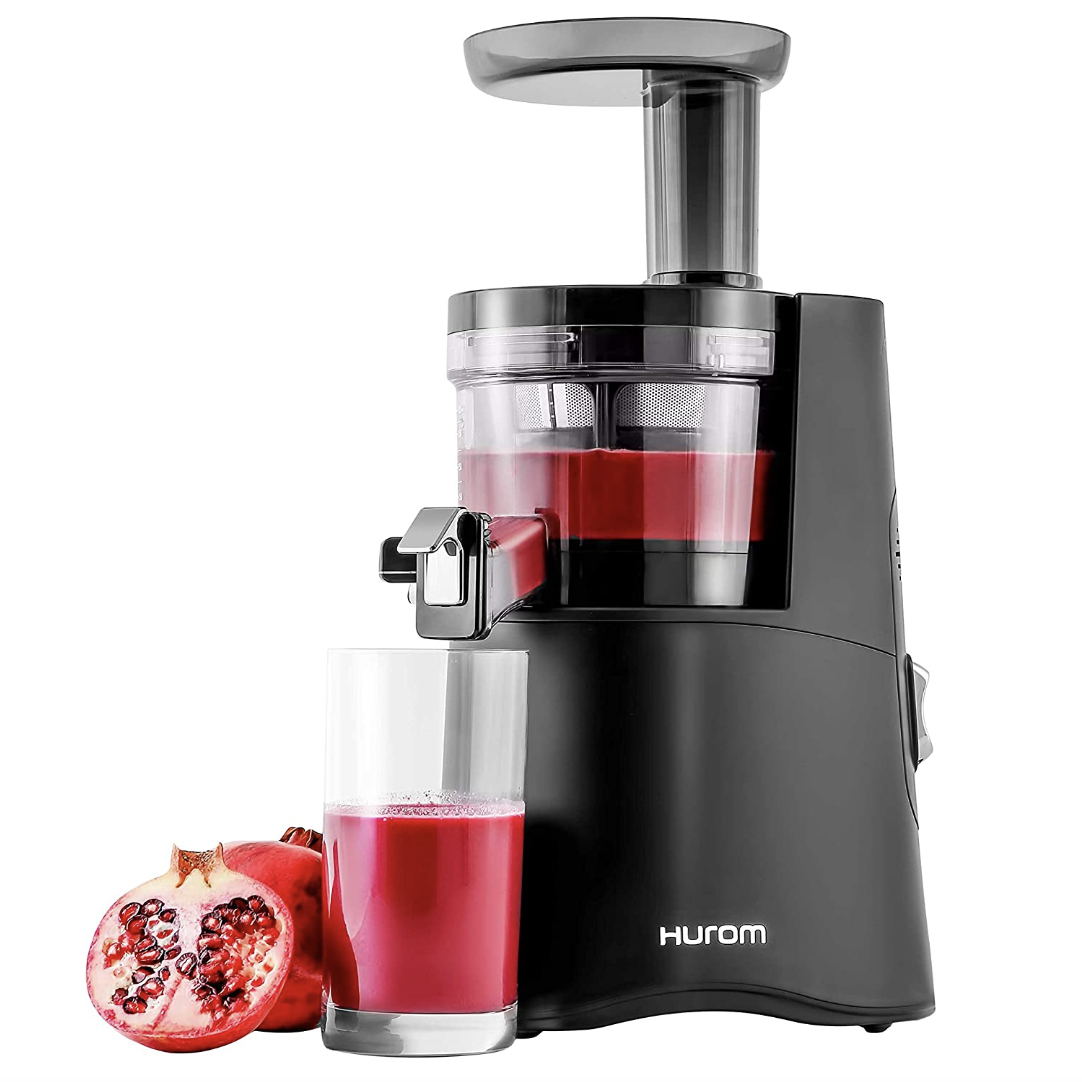
7. Alternatives to Juicers
A. Blender
“When it comes to extracting juice from fruits and vegetables, a blender can be a handy alternative. While it may not provide the same level of pulp-free juice as a juicer, blenders do a fantastic job at blending whole fruits and vegetables into a smoothie-like consistency. Plus, unlike juicers, blenders retain the fiber content, which adds to the overall nutritional value of the drink. So if you prefer a thicker, more filling beverage with all the health benefits intact, a blender might be the perfect substitute for a juicer.”
B. Citrus Press
“Looking to squeeze out every last drop from your favorite citrus fruits? A citrus press could be the answer. This compact, handheld device is specifically designed for extracting juices from oranges, lemons, limes, and grapefruits. With a simple press or squeeze, you can effortlessly enjoy a refreshing glass of citrus juice. Just remember, it won’t work as well for other fruits or vegetables, so keep that in mind if your juicing aspirations extend beyond the citrus family.”
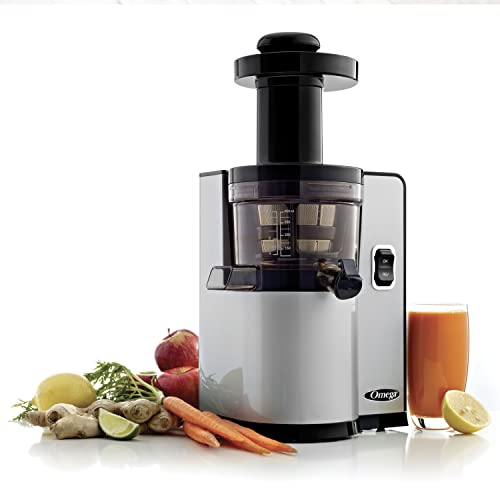
8. Comparing Juicer Types
A. Centrifugal Juicers
“Centrifugal juicers employ high-speed spinning blades to extract juice from fruits and vegetables. They are generally cheaper and faster than other types of juicers, making them a popular choice for beginners. However, due to their rapid rotation, they tend to generate more heat, leading to some nutrient loss, and can be noisy. Additionally, they may struggle with juicing leafy greens and produce more foam. If speed and budget-friendliness are your priorities, a centrifugal juicer could be a suitable option.”
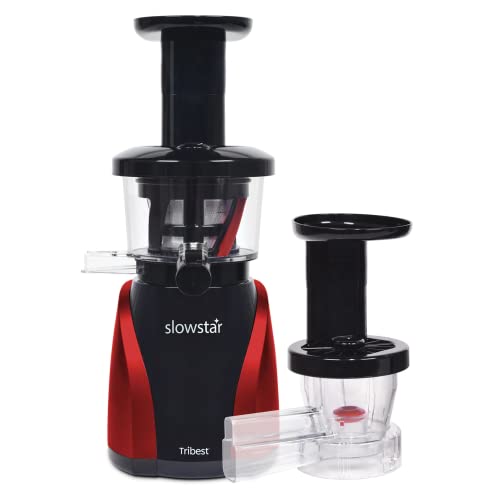
B. Masticating Juicers
“Masticating juicers, also known as slow juicers or cold-pressed juicers, use a gentle crushing and squeezing action to extract juice. They operate at a slower speed, resulting in a higher juice yield, minimal heat buildup, reduced oxidation, and better preservation of nutrients. These juicers can effectively handle various types of produce, including leafy greens, and produce less foam. However, they often come with a higher price tag and can be bulkier, so consider your budget and kitchen space before opting for a masticating juicer.”
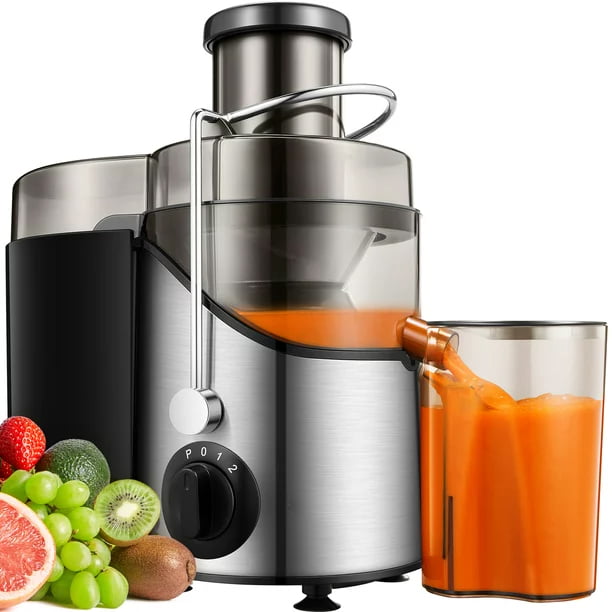
C. Triturating Juicers
“For those seeking the ultimate juicing experience, triturating juicers are the crème de la crème. These twin-gear machines work by pressing fruits and vegetables between two gears, ensuring optimal nutrient extraction and juice yield. Triturating juicers excel at juicing even the toughest produce, like wheatgrass and sprouts, leaving no juice untapped. Nevertheless, their complexity, higher cost, and slower juicing process make them more suitable for dedicated juicing enthusiasts and commercial establishments.”
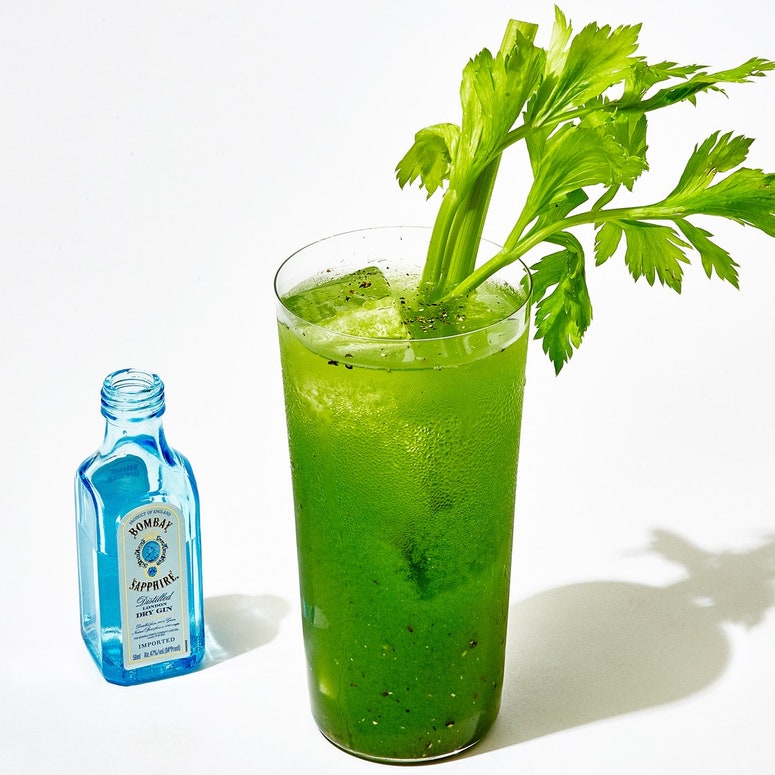
9. Final Thoughts on Juicers
“Juicers come in all shapes, sizes, and types, offering a wide array of options to suit diverse juicing preferences. Whether you’re a health-conscious individual looking to boost your daily nutrient intake or someone who enjoys a refreshing glass of juice, finding the right juicer for your needs is crucial. Consider factors such as budget, juicing goals, cleanup convenience, and personal taste preferences when making your choice. Remember, the best juicer is the one that fits seamlessly into your lifestyle and encourages you to embrace the wonders of juicing. So, why wait? Start juicing and nourish your body with nature’s liquid goodness!
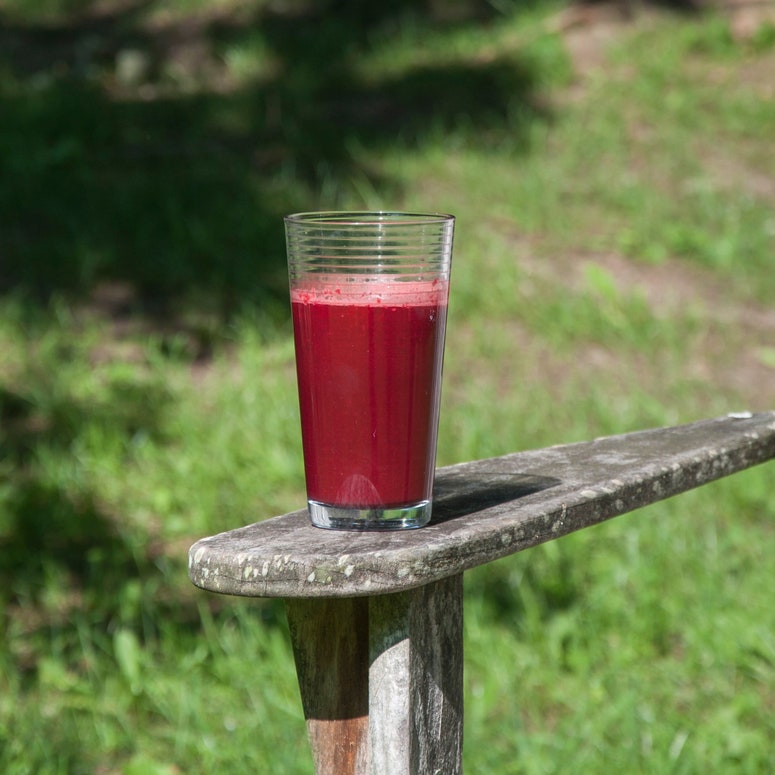
Frequently Asked Questions
1. What is a juicer and why should I use one?
A juicer is a kitchen appliance designed to extract juice from fruits and vegetables. Using a juicer allows you to enjoy fresh, nutrient-rich juice that can provide numerous health benefits. It’s a convenient and delicious way to increase your intake of vitamins, minerals, and antioxidants from fruits and veggies.
2. What types of juicers are available and which one should I choose?
There are mainly two types of juicers: centrifugal and masticating (also known as cold press or slow juicers). Centrifugal juicers are fast and great for juicing hard produce, while masticating juicers operate at a slower speed, preserving more nutrients and suitable for juicing leafy greens and softer fruits. Choosing the right juicer depends on your juicing preferences, budget, and the types of produce you intend to juice.

3. Can I juice both fruits and vegetables together?
Absolutely! Juicers are designed to handle a variety of fruits and vegetables. You can create delicious combinations by mixing apples, oranges, carrots, cucumbers, kale, and many other fruits and veggies. Experimenting with different flavors will help you discover your favorite combinations.
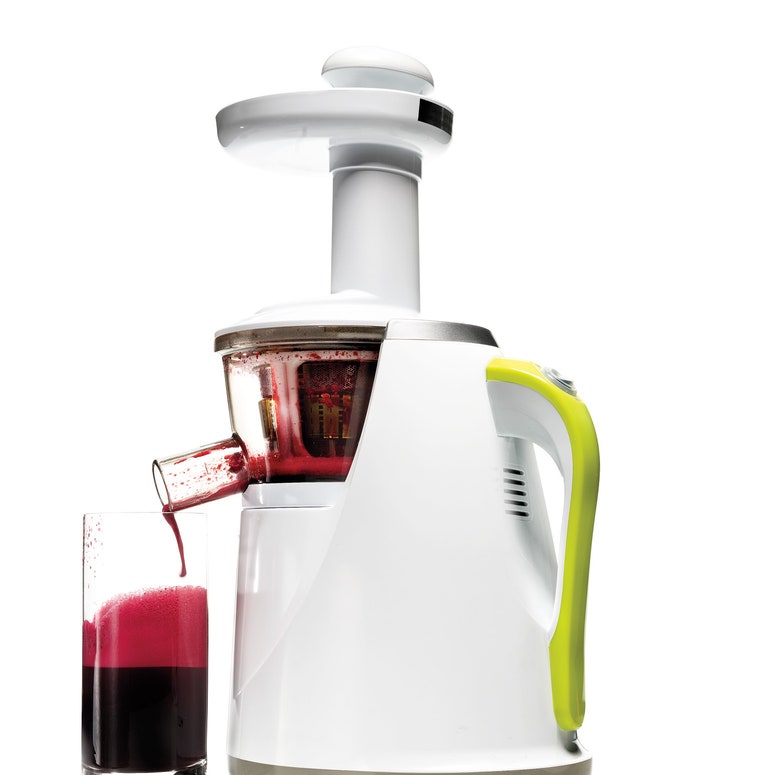
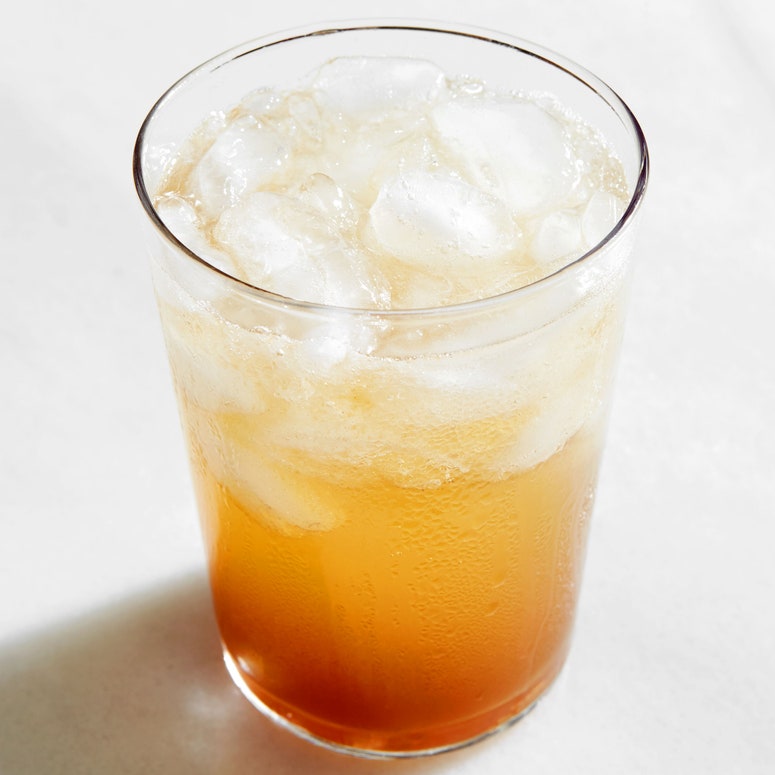
4. Will juicing fruits and vegetables remove their fiber content?
When juicing, the fiber from fruits and vegetables is mostly removed, leaving behind the liquid. However, some juicers allow you to adjust the pulp level, which lets you control the amount of fiber in your juice. If you want to retain more fiber, consider getting a juicer that includes a pulp regulator feature.
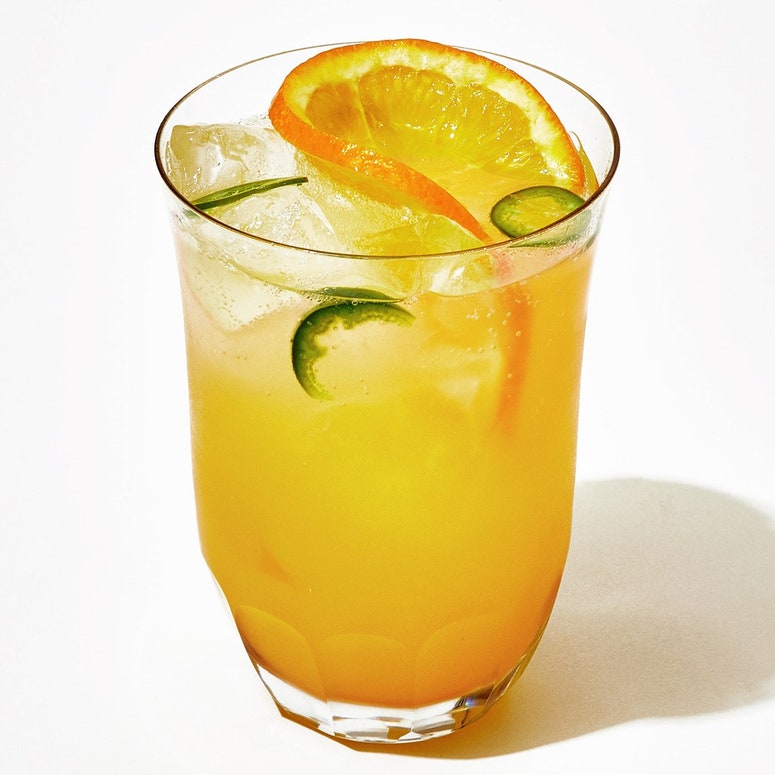
5. Are there any disadvantages to juicing?
While juicing has numerous benefits, it’s important to be aware of a few drawbacks. Juicing removes the natural fiber present in whole fruits and vegetables, so you may miss out on some of its benefits. Additionally, consuming large quantities of fruit juice can still result in high sugar intake. It’s advisable to consume juice in moderation and balance it with a well-rounded diet including whole fruits, vegetables, and other healthy foods.














